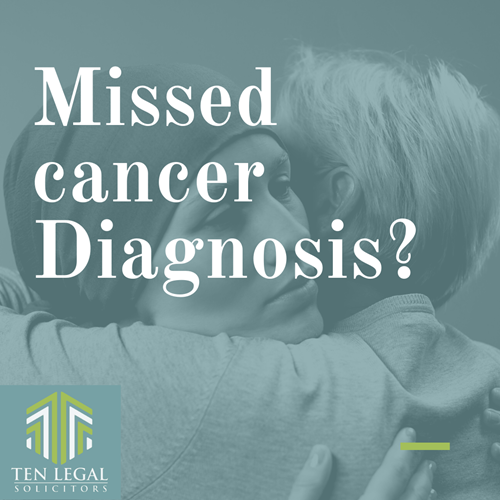Nearly 150,000 people could die unnecessarily due to healthcare delays and changes caused by the Coronavirus pandemic, according to a Government report. Throughout the Coronavirus pandemic, the NHS has stood strong at the centre leading the fight against the virus.
Covid-19 has sadly put intense pressure on our already strained health service. As demand for intensive care and inpatient resources rise, medical attention dedicated to other illnesses and conditions has fallen.
At the height of the Coronavirus crisis, many hospital appointments were cancelled, GP practices closed, treatments were delayed, and operations were put on hold. It is proposed that delayed access to care could equate to 12,500 excess deaths.
As a result, patients have likely missed out on life-saving treatment and early diagnoses for many medical conditions and diseases. Cancer waiting times in England also drastically increased following on from the first national Coronavirus lockdown, according to NHS England statistics.
In a survey of over 2,400 Medical Protection Society (MPS) members, more than two in five doctors expressed concerns that they will face a regulatory or criminal investigation if patients come to harm because of delayed referrals, or non-Coronavirus services being unavailable or limited.
Chris Davies, medical negligence specialist at TEN Legal Solicitors, says: "The past year has been undoubtedly difficult for everyone and COVID-19 has had significant impact on the lives of many people. At TEN Legal Solicitors, we have seen a sharp increase in Medical Negligence claims arising from patients not having access to necessary diagnoses or treatment.
"This has put many people in the UK at a higher risk of serious injury, illness, or deterioration of health due to the COVID-19 related health care changes. It has been a stressful time for many patients who have had their medical treatment delayed or cancelled. We have supported with cases including late diagnosis due to appointments being cancelled to surgery procedures being postponed.
"Now more than ever, we need to make sure we are doing everything we can to get people the care they need."























